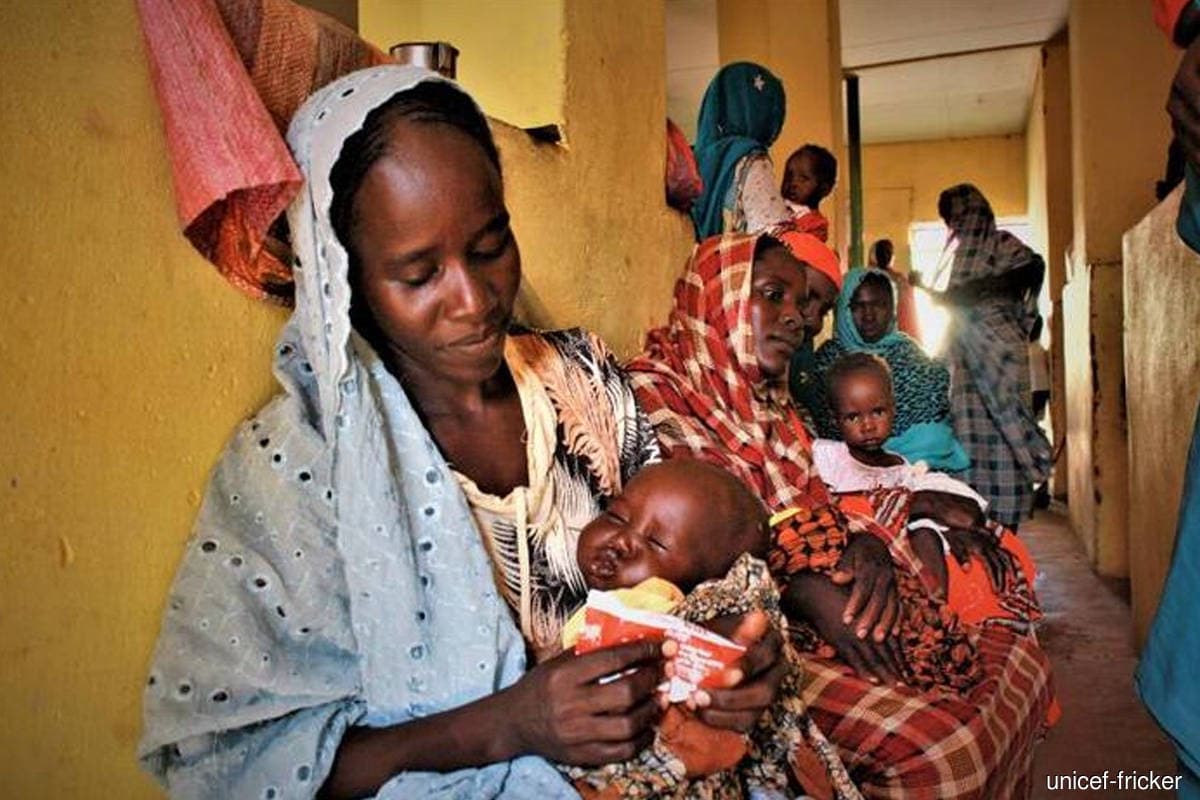
KUALA LUMPUR (July 7): The number of people affected by hunger globally rose to as many as 828 million in 2021, an increase of about 46 million since 2020 and 150 million since the outbreak of the COVID-19 pandemic, according to a United Nations report.
The 2022 edition of The State of Food Security and Nutrition in the World (SOFI) provided fresh evidence that the world is moving further away from its goal of ending hunger, food insecurity and malnutrition in all its forms by 2030.
The report released on Wednesday (July 6) presented updates on the food security and nutrition situation around the world, including the latest estimates of the cost and affordability of a healthy diet.
The report also looked at ways in which governments can repurpose their current support to agriculture to reduce the cost of healthy diets, mindful of the limited public resources available in many parts of the world.
The report was jointly published today by the Food and Agriculture Organization of the United Nations (FAO), the International Fund for Agricultural Development (IFAD), the United Nations Children's Fund (UNICEF), the UN World Food Programme (WFP) and the World Health Organization (WHO).
The report highlighted that after remaining relatively unchanged since 2015, the proportion of people affected by hunger jumped in 2020 and continued to rise in 2021, to 9.8% of the world population.
It said this compared with 8% in 2019 and 9.3% in 2020.
Around 2.3 billion people in the world (29.3%) were moderately or severely food insecure in 2021 — 350 million more compared to before the outbreak of the COVID‑19 pandemic.
Nearly 924 million people (11.7% of the global population) faced food insecurity at severe levels, an increase of 207 million in two years.
The gender gap in food insecurity continued to rise in 2021 — 31.9% of women in the world were moderately or severely food insecure, compared to 27.6% of men — a gap of more than 4 percentage points, compared with 3 percentage points in 2020.
The report said almost 3.1 billion people could not afford a healthy diet in 2020, up 112 million from 2019, reflecting the effects of inflation in consumer food prices stemming from the economic impacts of the COVID-19 pandemic and the measures put in place to contain it.